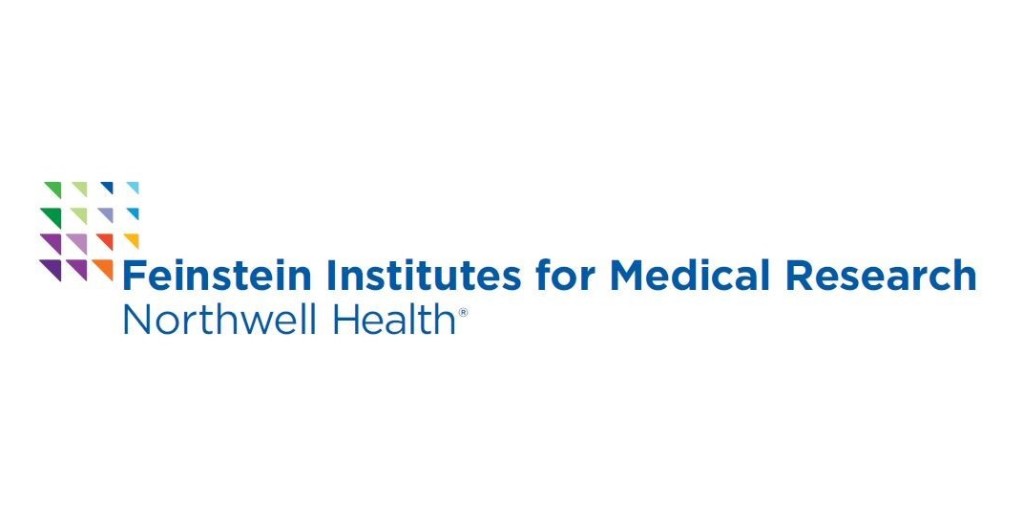The study was published in Nature Communications
MANHASSET, N.Y.--(BUSINESS WIRE)--New research from The Feinstein Institutes for Medical Research reveals that brain imaging can detect subtle abnormalities in brain circuitry in people diagnosed with isolated rapid eye movement (REM) sleep behavior disorder (iRBD) years before they manifest symptoms of a degenerative brain disorder. While involuntary movements are normally inhibited during REM sleep, individuals with iRBD act out their dreams, and come to medical attention. This condition is often a precursor to progressive neurodegenerative disorders, most notably, Parkinson’s disease and a related disorder known as Lewy Body Dementia.




In a study led by David Eidelberg, MD, head of the Center for Neurosciences at the Feinstein Institutes and Susan and Leonard Feinstein Professor of Neurology and Neuroscience, published this week in Nature Communications, investigators used positron emission tomography (PET) to track abnormal metabolic network activity and dopamine loss in the brains of people with iRBD, but no other signs of brain disease. Longitudinal imaging studies were conducted over four years, after which subjects were followed clinically for an additional 6.5 years to see whether other neurological symptoms had appeared. The investigators found that abnormal brain networks associated with the motor manifestations of Parkinson’s disease were present at baseline in iRBD, progressing steadily over time, while dopamine, the essential neurotransmitter for movement, concurrently declined. The study also found that iRBD patients with high network activity were at greater risk for the subsequent development of a progressive neurodegenerative syndrome.
“This study is a significant advancement in Parkinson's disease research because it provides a window into the earliest stages of disease development, even before the onset of typical motor symptoms,” said Dr. Eidelberg. “By identifying brain changes in individuals with iRBD, we can potentially determine who is at highest risk for the subsequent development of a progressive, disabling brain disorder. This may pave the way for earlier interventions and ultimately, more effective disease-modifying therapies."
Scientists have been searching for ways to predict when iRBD might progress. This study found that the connections between critical brain regions changed over time in individuals with iRBD, disrupting the normal flow of information through motor and cognitive networks many years before Parkinson's symptoms appeared. The results also suggest that the likelihood and timing of conversion from iRBD to Parkinson’s or Lewy body dementia may be accurately predicted using brain networks in conjunction with the dopamine imaging.
“This research holds immense promise for earlier diagnosis and treatment of Parkinson's disease and dementia with Lewy bodies,” said Kevin J. Tracey, MD, president and CEO of the Feinstein Institutes and Karches Family Distinguished Chair in Medical Research. “It suggests brain imaging is a valuable tool for tracking the effectiveness of new treatments designed to slow or prevent disease progression.”
About the Feinstein Institutes
The Feinstein Institutes for Medical Research is the home of the research institutes of Northwell Health, the largest health care provider and private employer in New York State. Encompassing 50+ research labs, 3,000 clinical research studies and 5,000 researchers and staff, the Feinstein Institutes raises the standard of medical innovation through its six institutes of behavioral science, bioelectronic medicine, cancer, health system science, molecular medicine, and translational research. We are the global scientific leader in bioelectronic medicine – an innovative field of science that has the potential to revolutionize medicine. The Feinstein Institutes publishes two open-access, international peer-reviewed journals Molecular Medicine and Bioelectronic Medicine. Through the Elmezzi Graduate School of Molecular Medicine, we offer an accelerated PhD program. For more information about how we produce knowledge to cure disease, visit http://feinstein.northwell.edu and follow us on LinkedIn.
Contacts
Julianne Mosher Allen
516-880-4824
jmosherallen@northwell.edu




